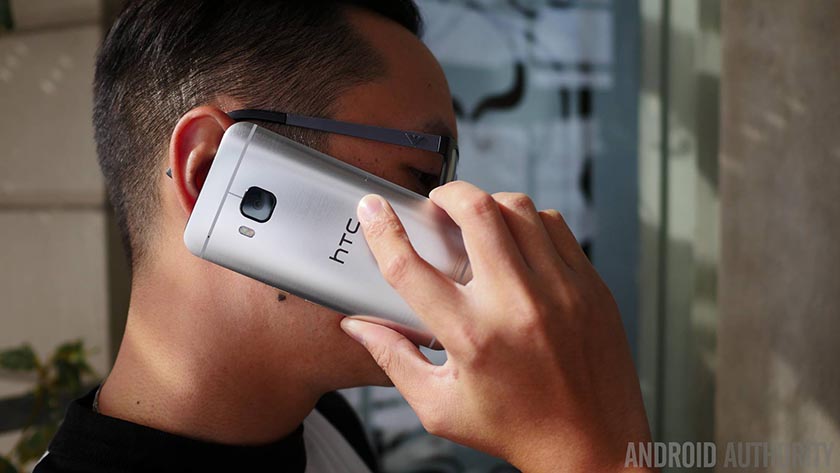Affiliate links on Android Authority may earn us a commission. Learn more.
US appeals court says a warrant is required for authorities to obtain cell phone location data
Published onAugust 6, 2015

A U.S. appeals court ruled Wednesday that in order for authorities to obtain a suspect’s cell phone location data, a probable-cause warrant under the Fourth Amendment is required. This 2-1 decision by the Richmond, Virginia-based Fourth U.S. Circuit Court of Appeals is a big victory for those who advocate for cell phone privacy rights. Although this ruling only spans through North Carolina, Maryland, South Carolina and Virginia, the federal appellate court’s decision increases the probability that the United States Supreme Court will take up the issue.
Back in July, the American Civil Liberties Union asked the Supreme Court to overturn a decision filed in May that would require all authorities to obtain a warrant before seeking out cell-site location tracking data on a national level. We told you last week that all federal appellate courts rulings have been in favor of not constitutionally protecting users’ location data through cell-site records, so the decision made on Wednesday is a particularly big win for privacy advocates.
This recent case involving the Fourth U.S. Circuit Court of Appeals involved a number of robberies that took place in 2011 in Baltimore and Baltimore County, Maryland, which resulted in the convictions of Aaron Graham and Eric Jordan. A portion of the state’s claims against the two were based on cell-site location data obtained by authorities from Sprint/Nextel without warrants.
The court, led by Judge Andre Davis, explained that being able to access one’s location data at all times essentially turns a mobile phone into a tracking device. From the decision:
As we have explained, society recognizes an individual’s privacy interest in her movements over an extended time period as well as her movements in private spaces. The fact that a provider captures this information in its account records, without the subscriber’s involvement, does not extinguish the subscriber’s reasonable expectation of privacy. Applying the third-party doctrine in this context would simply permit the government to convert an individual’s cell phone into a tracking device by examining the massive bank of location information retained by her service provider, and to do so without probable cause.
As for the case itself, the court ultimately refused to void the convictions of the two robbers, stating that the government relied in “good faith” on the court orders.
This decision made on Wednesday will hopefully give the U.S. Supreme Court enough ammunition to resolve this debate on a national level, once and for all.